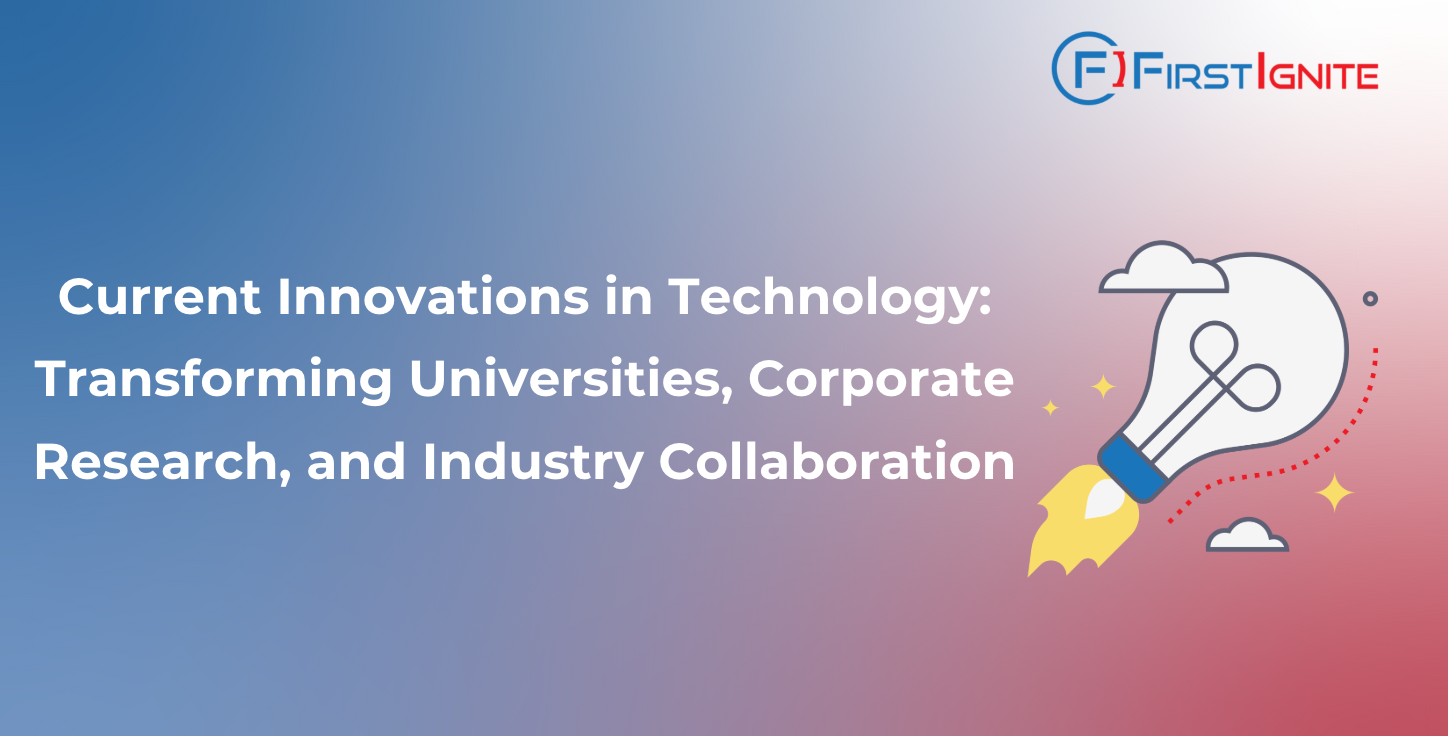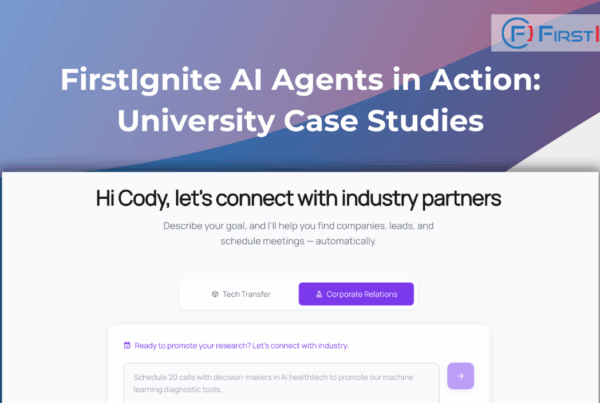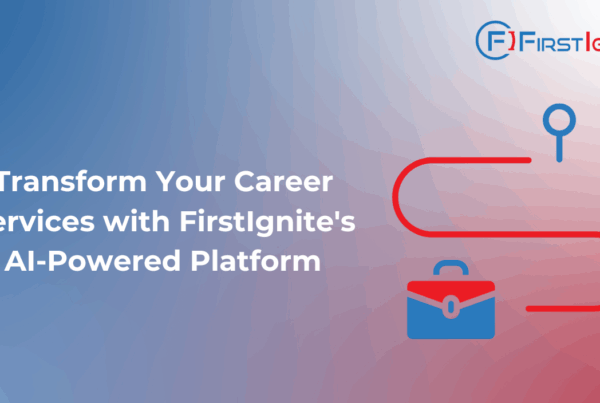
The rapid pace of technological innovation is reshaping the landscape of academia, corporate research, and industry collaboration. This blog post explores the current innovations in technology that hold significant potential for commercialization and partnerships, particularly in AI, biotech, clean energy, advanced materials, and digital health. With a focus on the implications for universities and corporate entities, we delve into the opportunities these innovations present for future growth and development.
The Rise of Agentic AI and its Impact on Academia and Industry
Agentic AI, characterized by its ability to perform tasks autonomously, is a significant milestone in the evolution of artificial intelligence. Unlike traditional AI systems that require constant human input, agentic AI acts independently, adapting to new information without direct supervision. This evolution is paving the way for ground-breaking applications in universities and research institutions where AI can enhance research methodologies and innovate educational practices.
In corporate environments, the commercialization prospects of agentic AI are substantial. Companies are exploring autonomous AI systems for process automation, predictive analytics, and customer service enhancements. For instance, industries like manufacturing and logistics are leveraging AI to optimize operations and reduce costs. The collaboration between academia and industry is crucial in this context, as universities often serve as incubators for innovative AI solutions, which can be scaled and commercialized with corporate partnerships.
However, the rise of agentic AI brings challenges and ethical considerations. Concerns about data privacy, decision-making transparency, and job displacement need careful navigation. As such, ongoing dialogue between technologists, ethicists, and policymakers is essential to ensure responsible AI development and deployment.
Quantum Computing: A Game-Changer for Computational Challenges
Quantum computing represents a paradigm shift in computational power, capable of solving complex problems beyond the reach of classical computers. Based on the principles of quantum mechanics, this technology leverages qubits to perform calculations at unprecedented speeds. Universities are at the forefront of quantum research, making significant breakthroughs in developing quantum algorithms and hardware.
The industry applications of quantum computing are vast, with sectors like pharmaceuticals, finance, and logistics poised to benefit the most. For instance, pharmaceutical companies are exploring quantum computing for drug discovery, while financial institutions aim to use it for risk analysis and fraud detection. Partnerships between tech companies and universities are crucial to advance quantum research and translate academic findings into commercial applications.
Looking ahead, the potential for commercialization in quantum computing is immense, although challenges remain in terms of scalability and error correction. As these hurdles are overcome, quantum computing is set to become a cornerstone of future technological advancements.
AR/VR Integration: Revolutionizing User Experiences
The integration of Augmented Reality (AR) and Virtual Reality (VR) technologies is transforming user experiences across various sectors. Currently, AR/VR is revolutionizing educational settings by offering immersive learning environments and virtual classrooms. These technologies allow students to engage with content interactively, improving comprehension and retention.
In the corporate world, AR/VR is being utilized to enhance business operations, from virtual meetings to product demonstrations and training simulations. Companies such as IKEA and Walmart have already adopted these technologies to improve customer engagement and employee training. Collaborations between tech companies and educational institutions are expanding the applications of AR/VR, paving the way for innovative solutions that bridge the gap between virtual and physical experiences.
Future prospects for AR/VR are promising, with the market potential expected to grow significantly. As technology advances, the barriers to entry decrease, enabling wider adoption and creating new opportunities for commercialization.
6G and Cybersecurity: Ensuring Secure and Fast Connectivity
As we look beyond 5G, 6G technology is anticipated to offer unprecedented data speeds and connectivity. With capabilities that include enhanced mobile broadband and ultra-reliable low latency communications, 6G will drive innovation in university research and corporate environments. This development is expected to unlock new possibilities for real-time data processing and edge computing.
However, the integration of technology into daily life heightens the importance of cybersecurity. Advancements in cybersecurity are crucial to protect integrated systems against potential threats. Partnerships between academia, industry, and government agencies are essential to develop secure 6G networks, ensuring robust digital infrastructure.
The implications for future connectivity are vast, with 6G set to redefine how we interact with technology. By fostering collaboration, stakeholders can address security challenges and harness the full potential of fast and secure connectivity.
Sustainable Innovations: Clean Energy and Advanced Materials
Sustainable innovations are at the forefront of future-proofing industries, with clean energy and advanced materials leading the charge. The emergence of self-healing energy grids, for example, offers resilience and reliability, minimizing downtime and reducing maintenance costs. These grids use advanced materials and smart technologies to automatically detect and repair faults.
Living manufacturing, another innovative approach, promotes sustainability by using biological processes to create materials, reducing waste and energy consumption. This aligns with the principles of the circular economy, which seeks to minimize waste by reusing and recycling resources.
Partnerships and collaborations are vital for advancing sustainable innovations. For instance, collaborations between energy companies and material scientists are driving the development of new technologies with significant commercial potential and industry applications.
Digital Health: Transforming Healthcare Delivery
Digital health technologies are revolutionizing healthcare, offering new avenues for improved patient outcomes and commercialization. From telemedicine to wearable devices, digital health is enhancing patient care and optimizing healthcare infrastructure. These technologies enable remote monitoring and real-time data analytics, improving diagnostic accuracy and treatment efficacy.
Opportunities for commercialization in the health sector are abundant. Tech companies are partnering with healthcare providers to develop innovative solutions that address specific medical needs. For example, AI-driven diagnostic tools are being developed to assist doctors in identifying diseases at earlier stages.
Looking ahead, the future of digital health is promising, though challenges such as data privacy and regulatory compliance need to be addressed. By fostering collaboration between technology developers and healthcare professionals, the potential for innovation and commercialization in digital health is immense.
As technology continues to evolve, its impact on universities, corporate research, and industry collaboration becomes increasingly profound. The innovations discussed not only offer exciting prospects for commercialization and partnerships but also present challenges that require careful consideration. By embracing these advancements, stakeholders can drive growth and create a sustainable future, leveraging technology’s full potential for academic and industrial progress.
🚀 At FirstIgnite, we help universities and companies accelerate these opportunities by connecting research with industry partners ready to commercialize and collaborate. Want to see how AI can supercharge your innovation efforts? Schedule a demo with FirstIgnite today.




